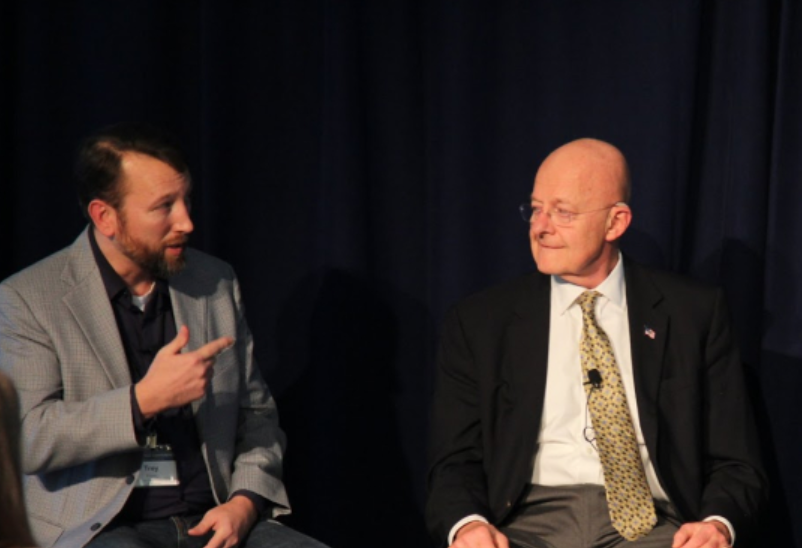Origin Stories: Tricky in More Ways Than One
November 01, 2023
It was all those TED Talks that did it— that made it seem mandatory for every leader (and thus every leader’s speechwriter) to come up with a perfect “origin story.”
It’s past time to reconsider that.
Why?
Because most of us don’t have an origin story quite tidy enough to top a TED Talk. For every oncologist who watched her mother die needlessly of cancer, there are lots of marketing vice presidents who bounced around a lot and smoked a lot of dope before they finally found something they were decent at that paid well.
So habitual has become the telling of origin stories that many of us have forgotten their essential purpose and unique ability: to efficiently give the audience an answer to the two questions that every audience-member is unconsciously asking:
- Why is that person up there, and I’m down here? What makes them so special?
- Okay, but does that special person also know what it’s like to be me?
Audience members want good answers to both of those questions. And a perfect origin story answers them simultaneously.
The former Director of National Intelligence, Jim Clapper, once shared at a PSA World Conference how he and his speechwriter Trey Brown stumbled on his origin story. A year or so into their collaboration, Clapper was free-associating in a car on the way to or from an event, and mentioned that when he moved to Philadelphia as a young teenager, he had no friends. Fooling around with the TV set in his loneliness, he discovered that if he positioned the dial between stations, the set would pick up the Philadelphia police radio. Soon he was jamming matches in the dial to keep it stuck between channels, and within a couple of weeks he had access to the radio frequencies of each of the city’s police districts.
To which speechwriter Brown exclaimed, “And you’re just telling me this now?” It was the perfect origin story, establishing Clapper’s specialness—he’s a natural-born spy—and also his commonness—he was a lonely kid, just like me and you. And so Brown had Clapper tell it at every speech henceforth.
“That story gets longer and longer every time I tell it,” Clapper added with a chuckle.

But many leaders tell origin stories just for the sake of sounding authentic. And they come off as disingenuous or implausible or pompous or pointless … or even counterproductive. Reminding me of the pinky-ringed, semi-competent stock broker my dad used to use, who liked to buy you lunch and tell of an early job he had selling shirts out of the back of his car. And knowing the guy, you thought: Selling shirts out of the back of his car is exactly what he ought to be doing for a living. “He shouldn’t tell that story,” my dad would whisper.
I once had a boss who tried to tell my origin story, when he introduced me at conferences. He would unwind a dramatic tale about how he had discovered me working on a golf course, recognizing my rustic genius from a grass-stained cover letter and plucking me from mediocre, grubby obscurity and giving me a chance to write newsletters at a Chicago publishing company. Except: The golf course job was a college summer job—for an English major, and the son of two writers! The yarn made him look good to folks not too sensitive to preening. But it did less than nothing for my credibility with the audience, who must have been confused by the cleanliness of my fingernails, and listening for verbal vestiges of my rough-hewn inner greenskeeper.
An origin story should instantly explain what special traits make the speaker qualified to be speaking—and also what common experiences make the speaker qualified to be leading.
If it doesn’t do both of those things, then find another way. (And yes, there are many, many other ways.)


